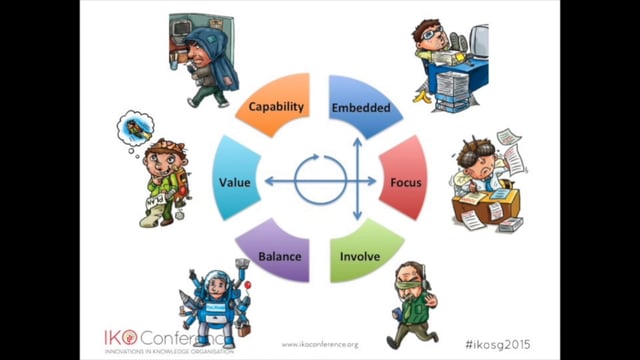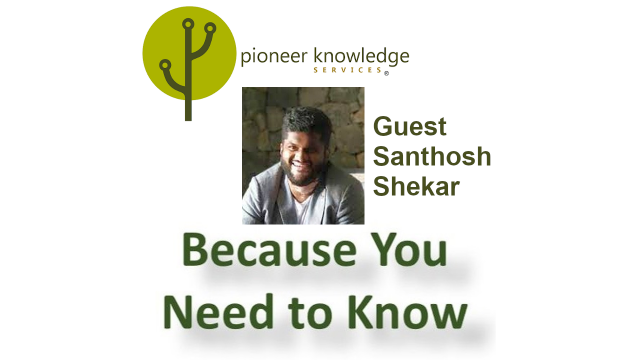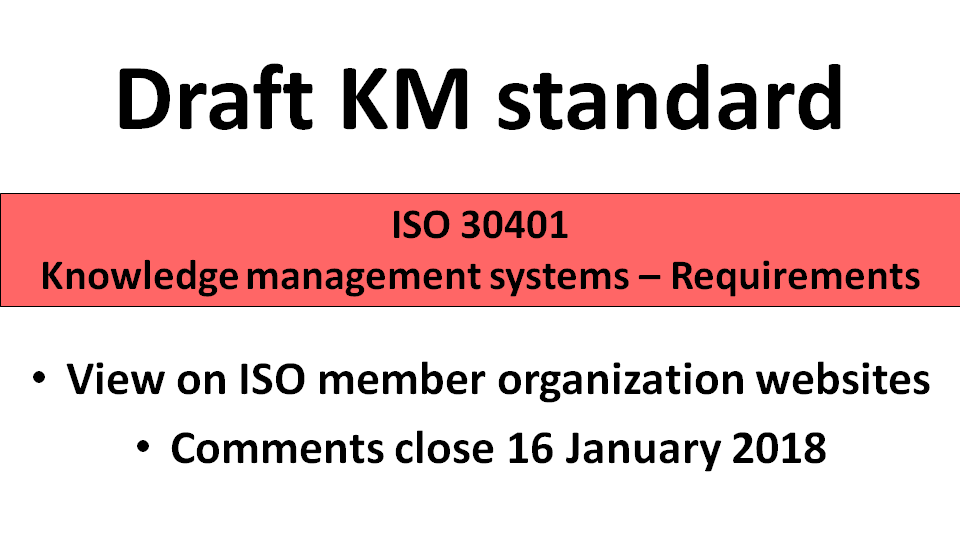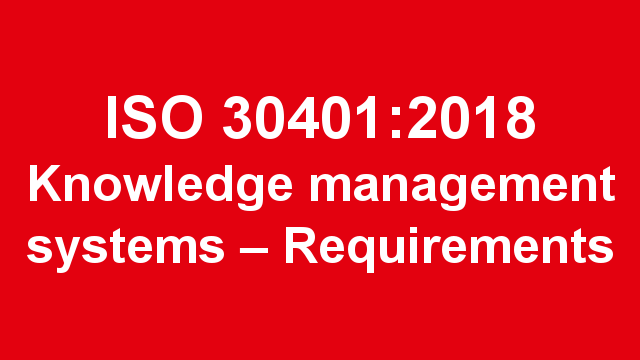
A plumber or a handyperson?
This article is part of a series on education and professional accreditation for knowledge managers.
Today we’re going to talk about certifications and training. When you hire a plumber for your house, do you hire a certified plumber, or a handyperson who says they can do plumbing? The handyperson plumber can glue, sweat, or cramp your pipes to fix minor leaks or add a pipe. The certified plumber knows the correct laws, regulations, and the correct way to ensure that your pipes pass inspection.
These are the things that you want. You don’t want somebody to use a bandaid solution, hoping it will pass. With knowledge management (KM), it’s the same. Your industry might have some specific items unique to it, such as legal, logistics, aeronautics, or any other multitude of skills. Certified and professionally trained knowledge managers have a remarkable ability to learn quickly the processes and procedures that make your organization unique. This ability comes from experience, understanding what the regulations require, and best practices that will suit your needs. They do this through training and understanding the different nuances of knowledge management.
As with a handyman plumber, anybody can say they did knowledge management work. Do you want just any Tom, Dick, Harry, Sue, or Lisa in control of one of the most vital aspects of your organization?
Many people do not see the value of knowledge management, but what if I get to shave off 15 minutes an hour across the 2,080 working hours in a year? That’s a lot of time all the time, and if we multiply this by the number of people that do that said process, we’re looking at numbers that can quickly affect your budget in the positive. Knowledge management is literally about brokering, identifying, and shaping best practices to fit your organization within your regulatory constraints.
ISO 30401 is the international standard that the world thinks is an essential foundation for knowledge management. Knowledge management is so unique that the International Organization for Standardization (ISO) thinks it needs its own standard among the now more than 22,700 requirements, specifications, guidelines, and characteristics governing quality assurance worldwide, just like plumbing, firefighting, the legal profession, and many other specialized fields.
Maybe you should look into what makes a Certified Knowledge Manager, Master Certified Knowledge Manager, and a professional with a master’s degree in knowledge management worthwhile to your organization.
Higher-level positions require a master’s degree for most company positions. Did you know that knowledge management has a master’s degree program that can provide such guidance as other master’s degrees do? I’m talking about one that is not an information and knowledge management degree; I am talking about a true Master of Science in Knowledge Management. Knowledge management is not about your IT program, and knowledge management is not about what software program best fits your need. It’s about the people of your organization, first and foremost.
How do accredited knowledge managers accomplish their work in the context of the specific processes of your organization? Companies don’t need a software management company coming in and saying “we have this program that will fit all your needs.” You will have to tweak it to conform to your specifications. What good is it that you pay thousands of dollars for software that requires tweaking and further building for it to work for your company?
Rather, what are the areas that are costing your company time? Is it because there’s no centralized repository of knowledge, is it because it takes five IT support tickets to get one thing done, or is it because something sits in an email inbox? After all, if one person can’t access the knowledge they need, then the whole organization is affected. These are just a few of the things that knowledge managers can work with your organization on.
Knowledge retention is a unique area that most companies lack. How is a software program going to teach people those special skills? Each company spends a lot of money on training each employee. Is the training fixed, or do you do it a little differently? I know that in the military, each unit tells the staff to forget the way they learned in school because it is different here. Does your knowledge retention or knowledge base show that? Each position has processes that are not precisely aligned to the company’s standard operating procedures (SOPs).
There are minute differences between the SOP and how tasks are accomplished. These are what make your positions unique. Is it the front desk clerk who knows everybody, or is it that your new operations manager told you to remove the distribution list and start moving it to mailboxes that everybody in the team can access so that no action is ever not accomplished.
A master’s degree qualified knowledge management professional has training that the company needs to have in your leadership team. They can understand people and understand processes, and give effect to your mission statement and vision statement, in the context of the regulations, laws, and policies that apply to your company. Everything about your organization is unique, but that’s also true for every organization.
In the end, do you want the handyman, or the plumber who can fix your problem correctly the first time and not require breaking a regulation or a code? I know who I would hire, who would you?
Header image source: Steve Buissinne on Pixabay, Public Domain.






